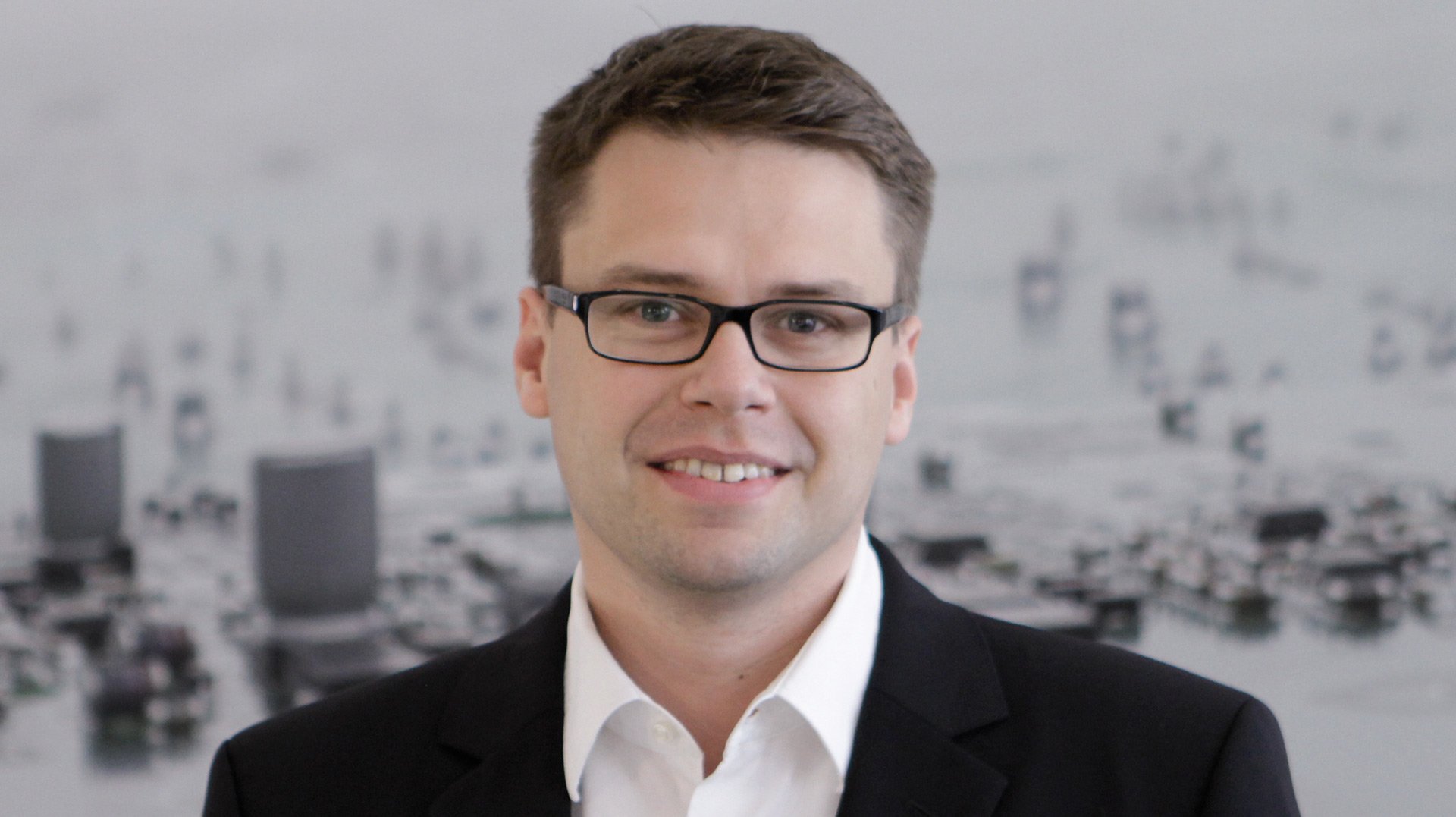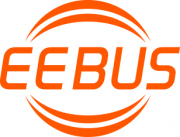“EEBUS Will Fuel the Decentralized Energy Transition”

 The EEBUS initiative has set itself the task of establishing a communication standard for networking different devices. Sven Schreiber, who is responsible for the Residential business unit at SMA, is a new member of the initiative’s board of directors. So of course we have taken this opportunity to talk to Sven about the prospects and possibilities involved.
The EEBUS initiative has set itself the task of establishing a communication standard for networking different devices. Sven Schreiber, who is responsible for the Residential business unit at SMA, is a new member of the initiative’s board of directors. So of course we have taken this opportunity to talk to Sven about the prospects and possibilities involved.
Sven, first of all congratulations on being elected to the EEBUS initiative board of directors. Why is it so important to SMA to keep advancing the EEBUS initiative?
EEBUS is an initiative that is attempting to define a cross-manufacturer standard to enable devices and applications to be networked. The aim is to speed up the spread of smart homes and smart buildings. It is still a very new topic overall and, as is so often the case, initial solutions are based on what are known as proprietary solutions, which are solutions that only apply to devices from a small number manufacturers. This means that the choice available to users is very limited and the spread is therefore slow. In addition, the companies incur significant costs for the development of these proprietary solutions.
The Internet of Things is one of the current megatrends. Can you actually put EEBUS in this general category, or is it primarily about renewable energy?
Absolutely. As mentioned before, EEBUS is about networking different devices. EEBUS is currently focusing on the field of energy and energy management. This does not necessarily have anything to do with renewable energy to begin with; rather, it is about efficient use of energy. For example, time-based rates can also be made possible and used better. But of course this is also a very important topic for renewable energy and in particular for photovoltaics since it enables locally generated energy to be also consumed locally. This first allows users to use the low-cost electricity from photovoltaics efficiently, and in addition it relieves pressure on the transmission grids, which also results in lower costs. The introduction of EEBUS will therefore fuel the decentralized energy transition.
On the website, you write that you are also collaborating internationally with partners in Asia and the U.S. How realistic is it that the standard will become established globally?
There are undoubtedly a very large number of approaches with regard to the Internet of Things. But at the moment, many initiatives tend to focus on areas relating to entertainment, comfort and security. These involve relatively simple control functions such as switching lights on and off. However, the topic of energy management is considerably more complex. It requires very dynamic control of loads such as heat pumps based on a wide range of criteria such as the energy generated locally in the next few hours. In EEBUS, it is important to us to follow a collaborative approach and thus enable the systems to be harmonized with other initiatives. This is the only way that solutions for every standard can be achieved, thereby speeding up the spread of the Internet of Things. Examples of such approaches include the Energie@Home and Open Interconnect initiatives. In addition, there is a draft for an EN standard relating to “white goods” that is based on EEBUS and will hopefully be adopted soon.
What are your personal goals for 2016 in your new role?
An initiative like EEBUS naturally depends on its members and their active participation. As part of my responsibilities on the board of directors, I would therefore like to help EEBUS gain additional members who will actively support its continued development and improvement. And of course, we also endeavor to implement EEBUS in our solutions at SMA. Together with other EEBUS members, we have already made a great deal of progress here, and I am confident that we will be able to present marketable solutions in the first half of 2016.
Thank you, Sven. We wish you every success with your new responsibilities.
Further information can be found on the EEBUS website and in the blog interview SMA Is Opening Its Doors to Third-Party Suppliers

Hello Leonie, your article seems to address my subject at least there are parts of it that are relevant. I have sent a query to another Blog author, Ray Franklin, but gotten no response whatsoever so I am hoping to at least hear from you with regards to this so that I may be more successful in obtaining relevant information. Perhaps Sven would be a good source but I’d appreciate your inquiring among the community. My wife and I purchased a PV rooftop system for our home in April 2015 and within a couple months our PUD had revised the Interconnection Rules to include language regarding “smart inverter” technology. It creates a provision which may require us to update our inverter if and when a standard emerges to facilitate their ability to manage our co-generation. IEEE 2030 seems to be the emerging standard. Europe uses EEG 2012. I see that SMA produced a Power Control Module for the European market (http://files.sma.de/dl/7680/PControlMod-TI-en-12.pdf). We have two SMA SB-6000TL-US-22 Inverters. Will the Power Control Module interface with our equipment or is there a product which will expand or upgrade the 6000TL? Will we have to replace our new Inverters in the near future? Any information and assistance in understanding this issue would be greatly appreciated. Thank You, Brian Grad –
Hi Brian,
The SB 600-TL-US-22 is capable of most, if not all, current smart inverter settings and functions as required by most areas. With minor changes to things like operating parameters though the installer user-interface, the inverter can be made to operate on different unique grids such as HECO or varying California codes for Rule 21. Can you let me know where you live/which PUD you have the interconnection with and what the requirements are?
If it’s easier, please email SocialMedia@SMA-America.com and I can provide further assitance and, if needed, connect you with an application engineer to make sure your system is compatible and avoid replacement.
Best,
Justin
Justin, my hero, thanks for taking interest and the time. I live on the North Olympic Peninsula in Washington State. Sequim is a small town nestled between the Straits of Juan de Fuca and the Olympic Mountains. Clallam County is home to our Public Utility District and currently has no smart grid or operating requirements for external control. The PUD incorporated new language in their Interconnection Regulations which states that there may be a future requirement for it’s solar co-generators to acquire the technology to allow them to manage our system in terms of energy compliance. I assume they’re talking about things like load shedding, frequency monitoring/adjustment, signal conditioning or whatever smart grid capabilities are required to maintain stability. Since the standard is emergent and not yet utilized many of us felt it was merely a tactic to pad “soft costs” but being a new customer and having spent quite a bit of money I wondered if our inverter could be economically upgraded. My installer has seemed oddly dismissive of all this and have not involved themselves in this debate other than to say they feel it is an unnecessary requirement. What steps in particular would you suggest I take to further understand and plan on to meet any future IEE or industry standard oriented towards smart grid deployment? How could I specifically make use of the existing capabilities of my inverter to meet my PUD’s expectations? Any information would be greatly appreciated. Cheers, Brian Grad